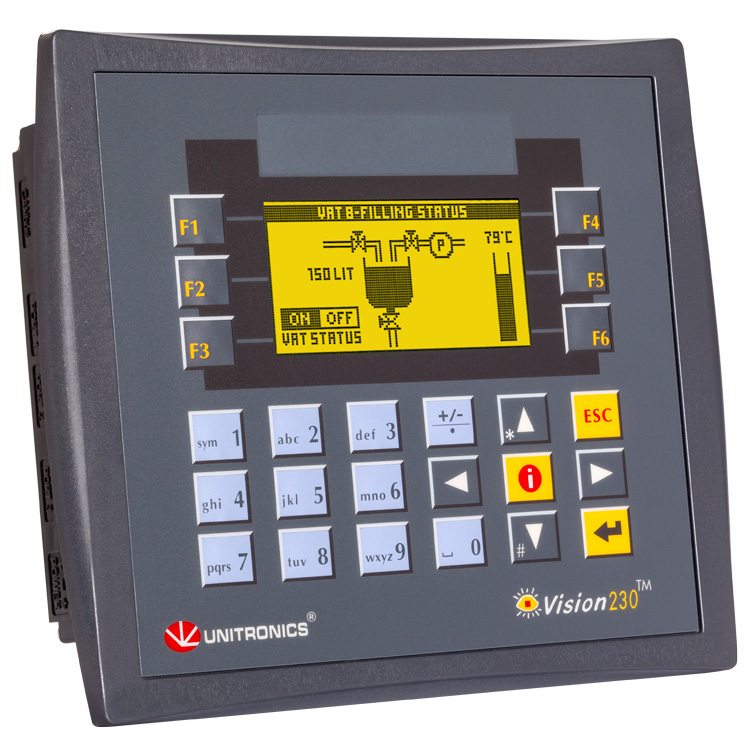PLCs are a critical system for modern automation. PLCs deliver significant advantages that make them simply click the next internet site ideal solution for companies looking to enhance operations.
One of the primary reasons to use a PLC is their robust performance. Unlike outdated automation methods, these controllers are built to handle harsh industrial environments. PLCs work even in extreme heat, vibrations, or moisture, providing consistent and stable automation.
Another advantage of PLCs is their adaptability. They can be programmed for handling a wide range of functions, allowing industries to update production lines without extensive reconfiguration. This feature makes PLCs highly scalable.
 A key factor is that PLCs enable rapid response times. They can execute complex instructions almost instantly, an important factor for maintaining production efficiency. This efficiency improves productivity and reduces downtime.
A key factor is that PLCs enable rapid response times. They can execute complex instructions almost instantly, an important factor for maintaining production efficiency. This efficiency improves productivity and reduces downtime.
An additional advantage of using PLCs is their seamless integration with industrial networks. They support different networking standards including PROFIBUS, MODBUS, and Ethernet. Such connectivity makes it easy for PLCs to interact with existing industrial automation setups.
Opting for a PLC system reduces operational costs. Although the upfront cost can be substantial, their long lifespan, low maintenance, and energy savings make them a cost-effective choice in the long run.
Since PLCs provide adaptability, performance, and cost savings, these controllers continue to be the best solution for businesses optimizing operations.

